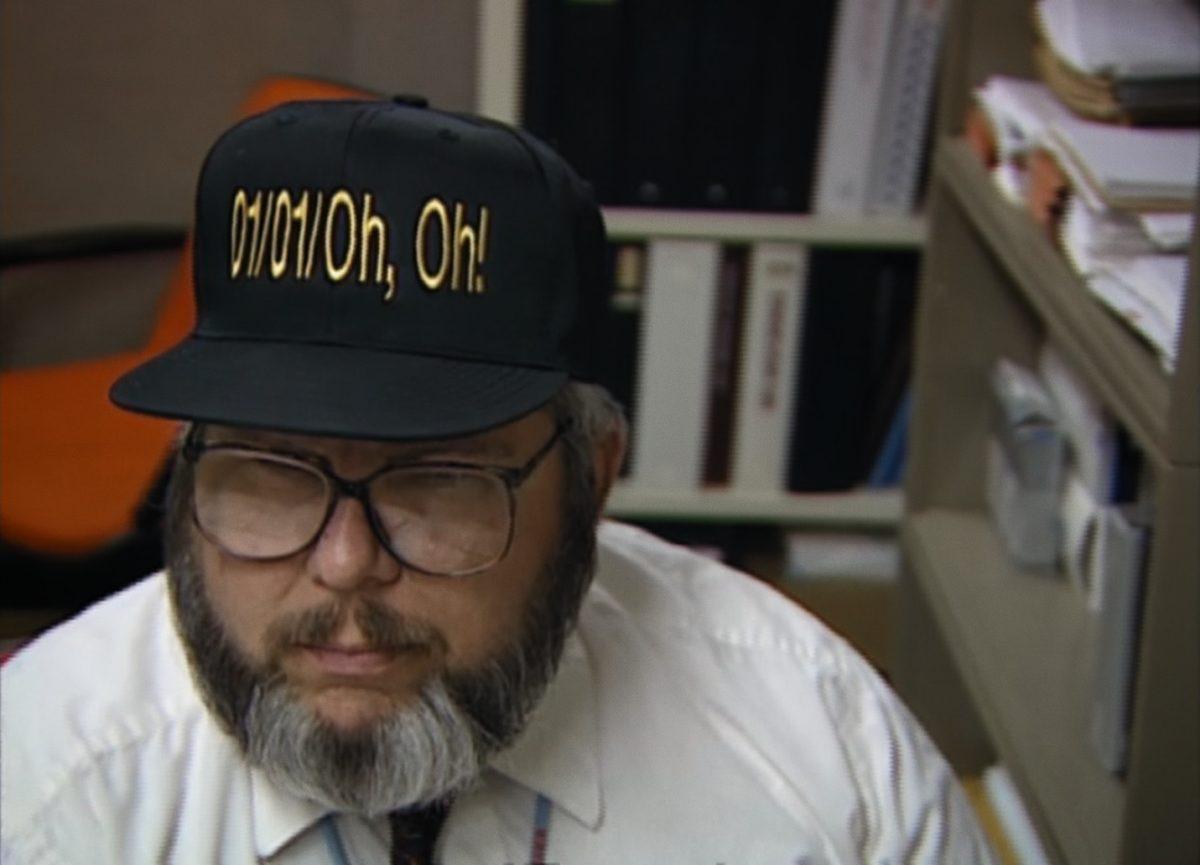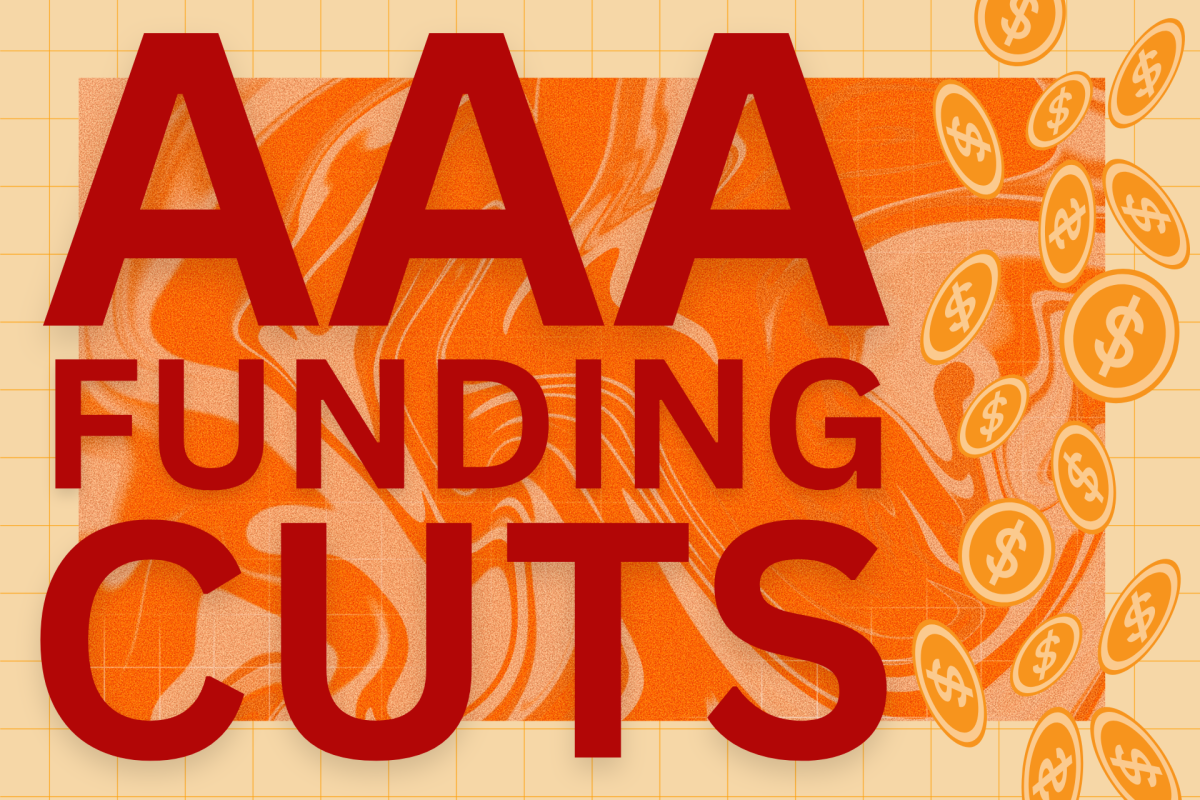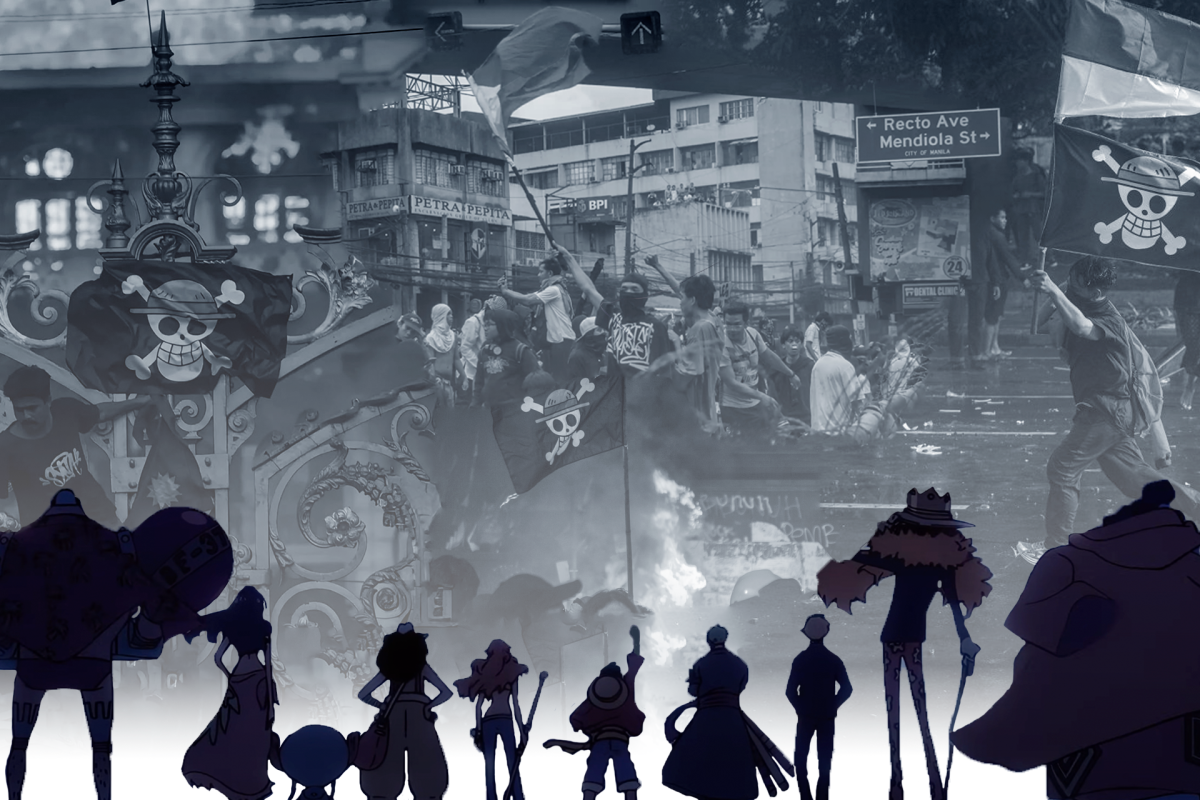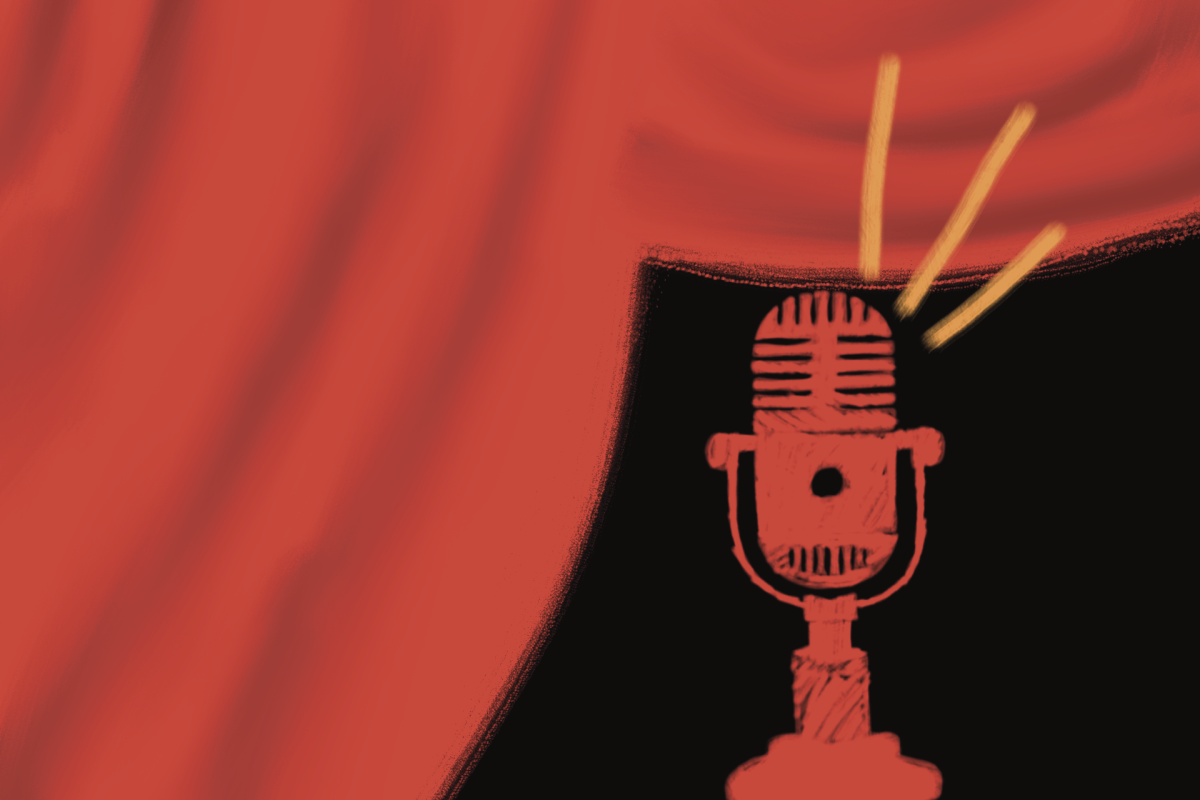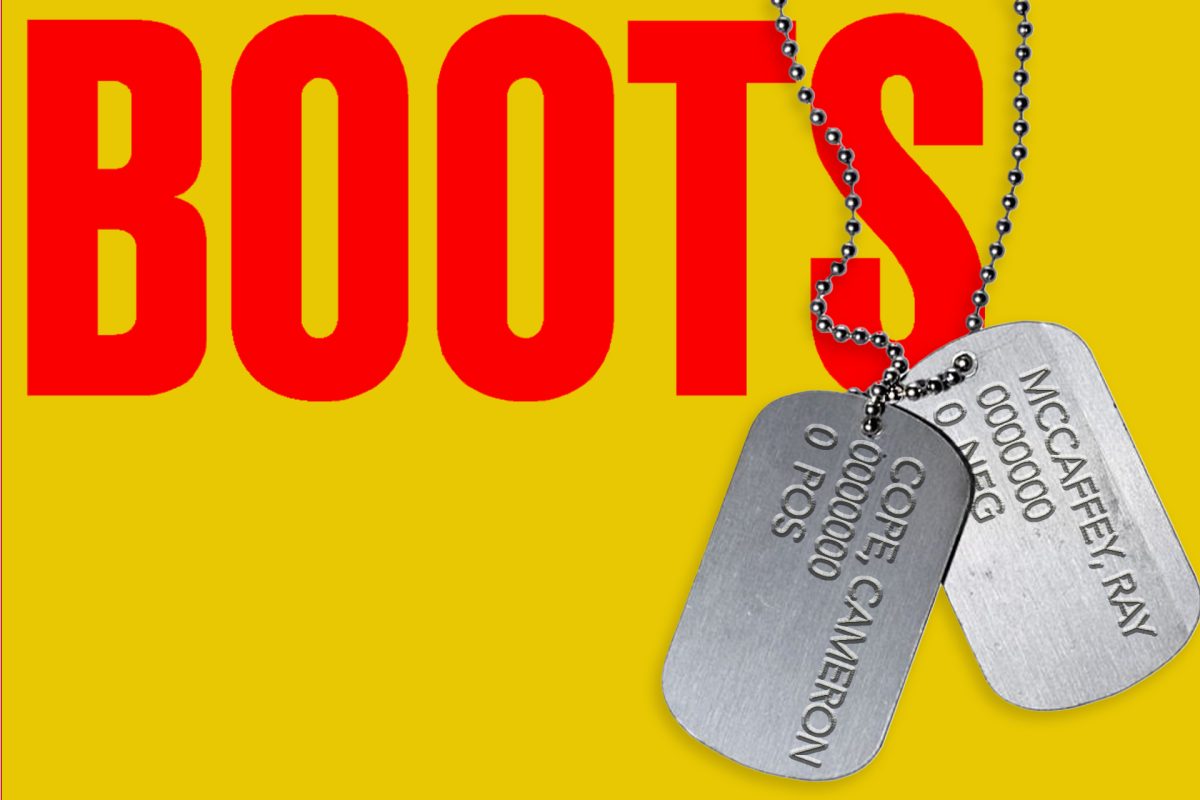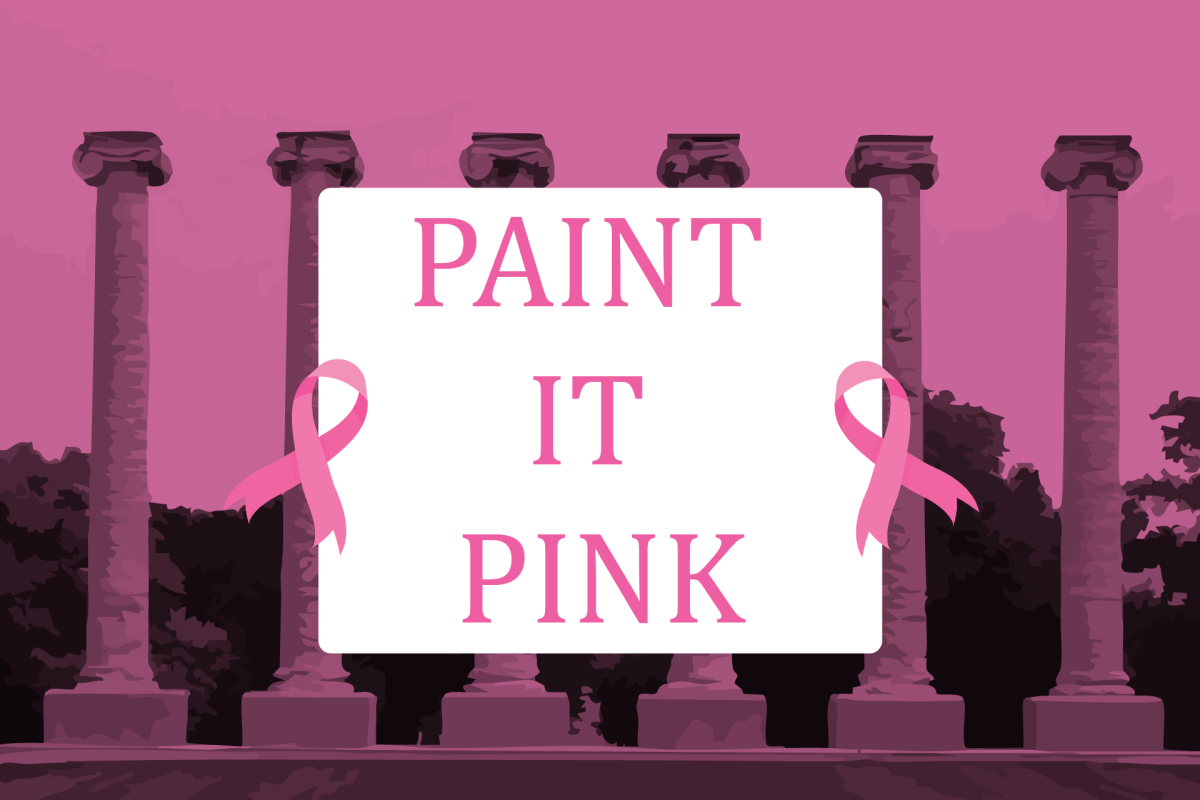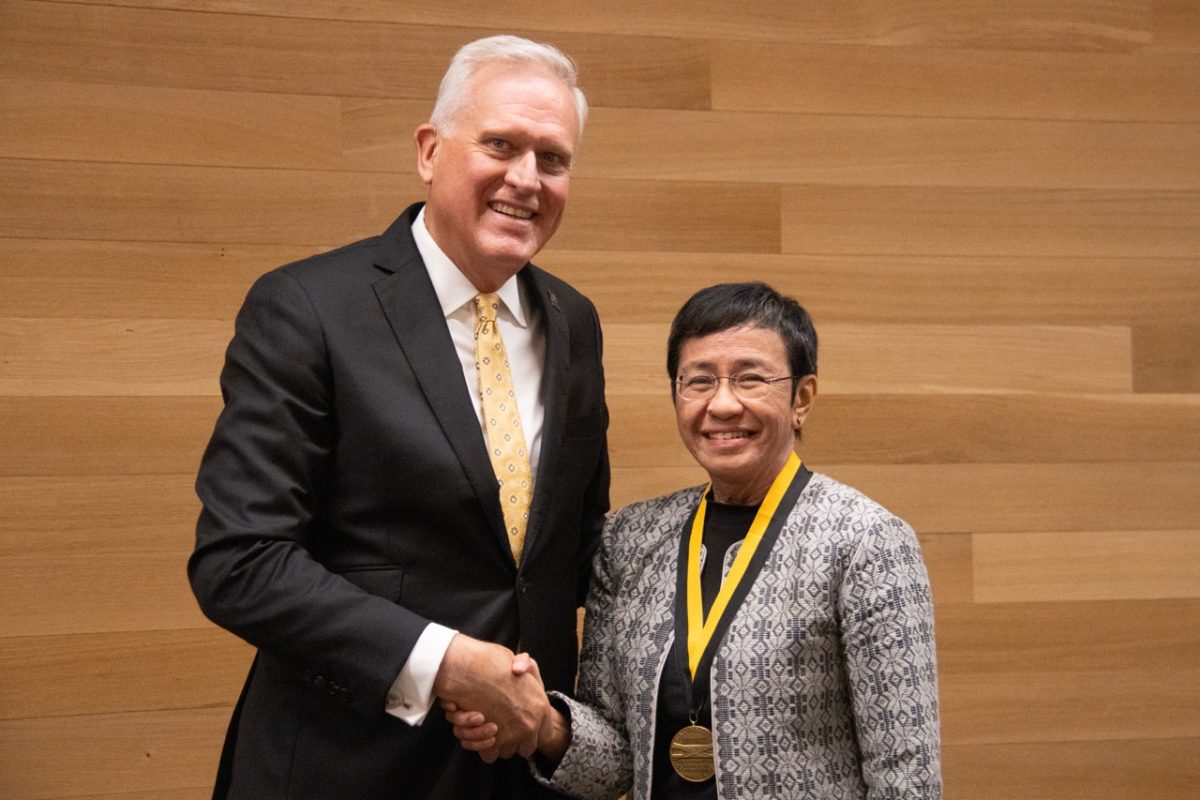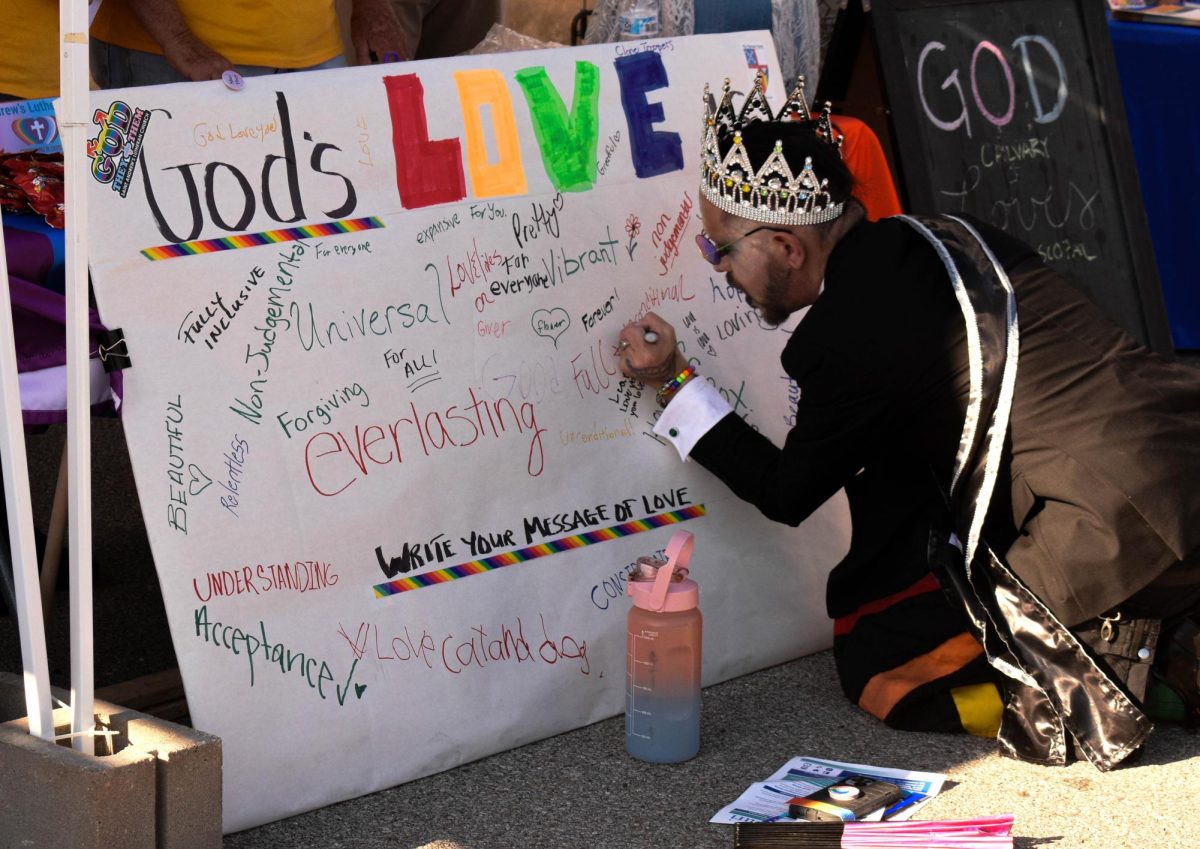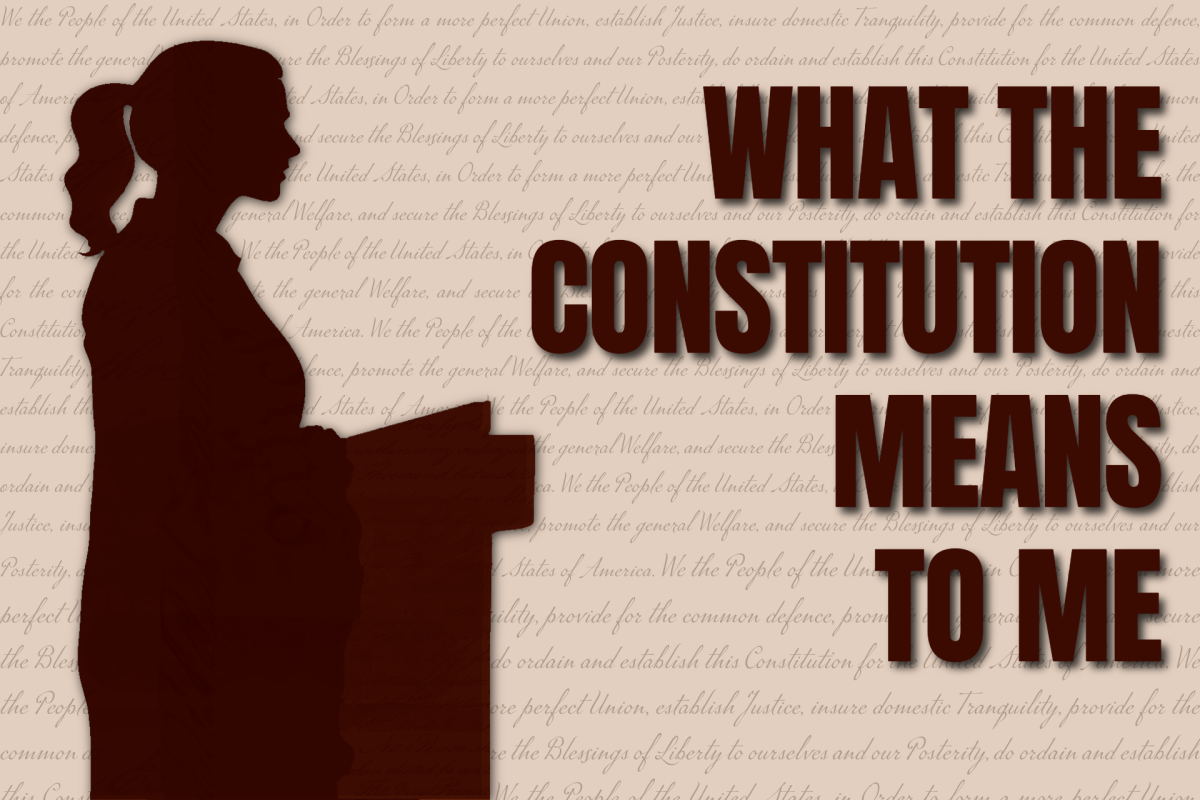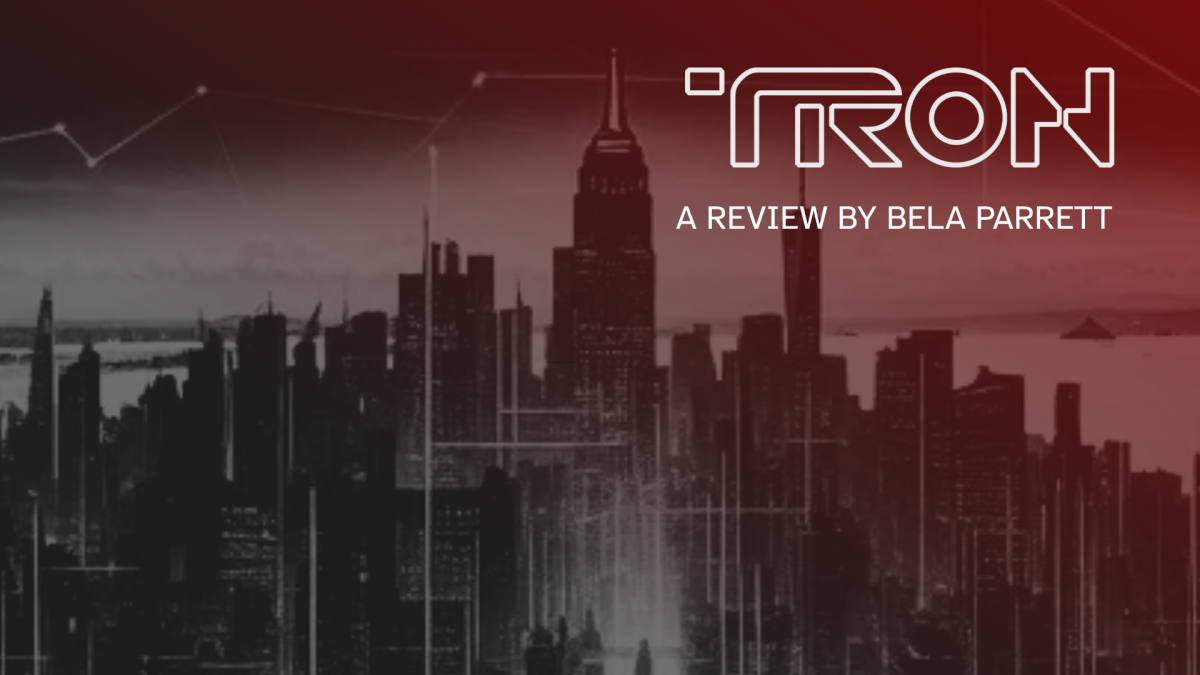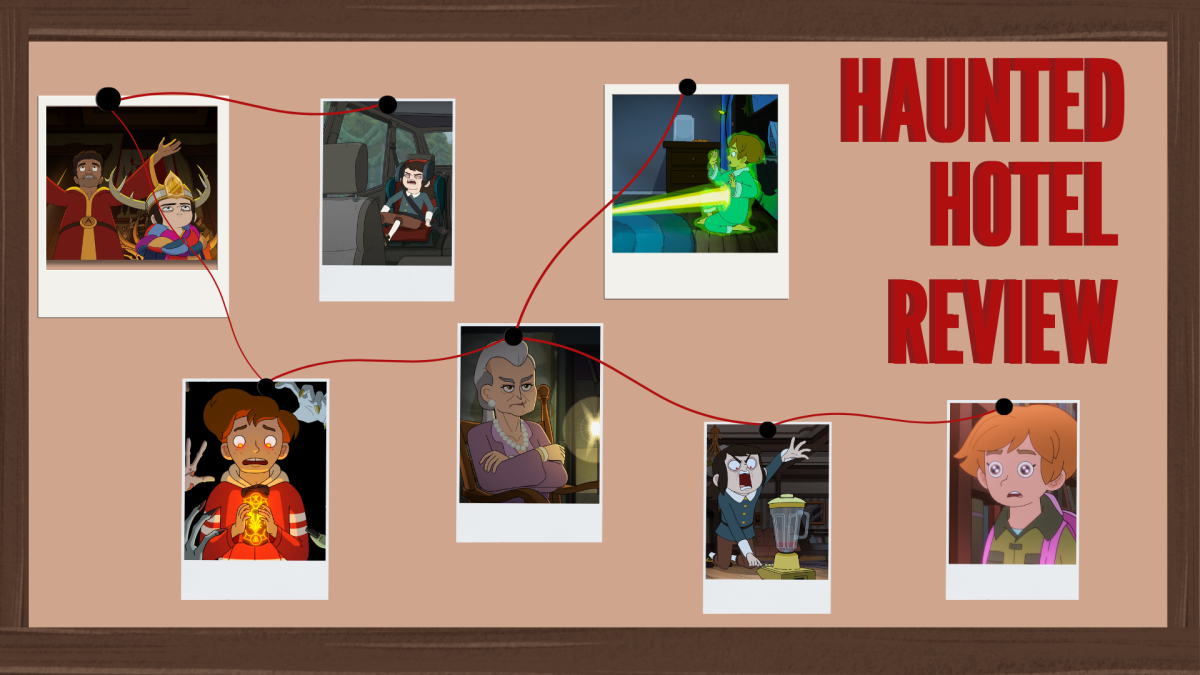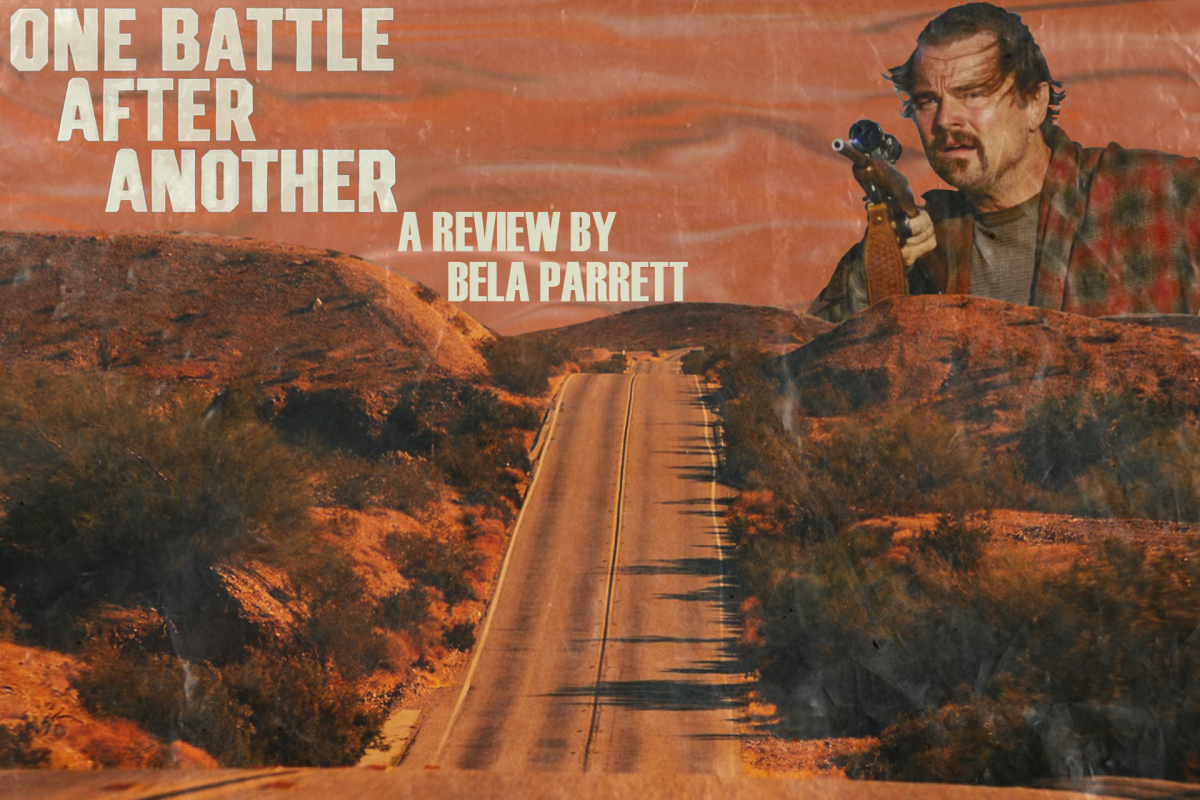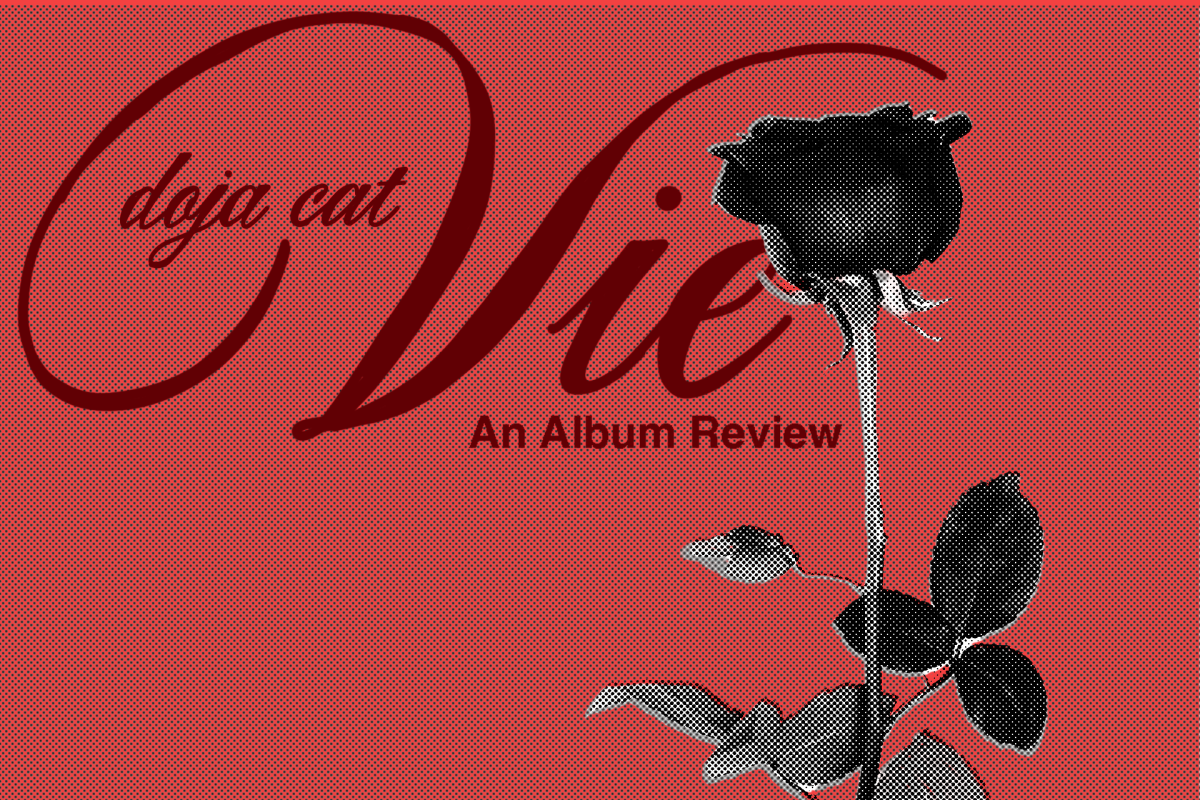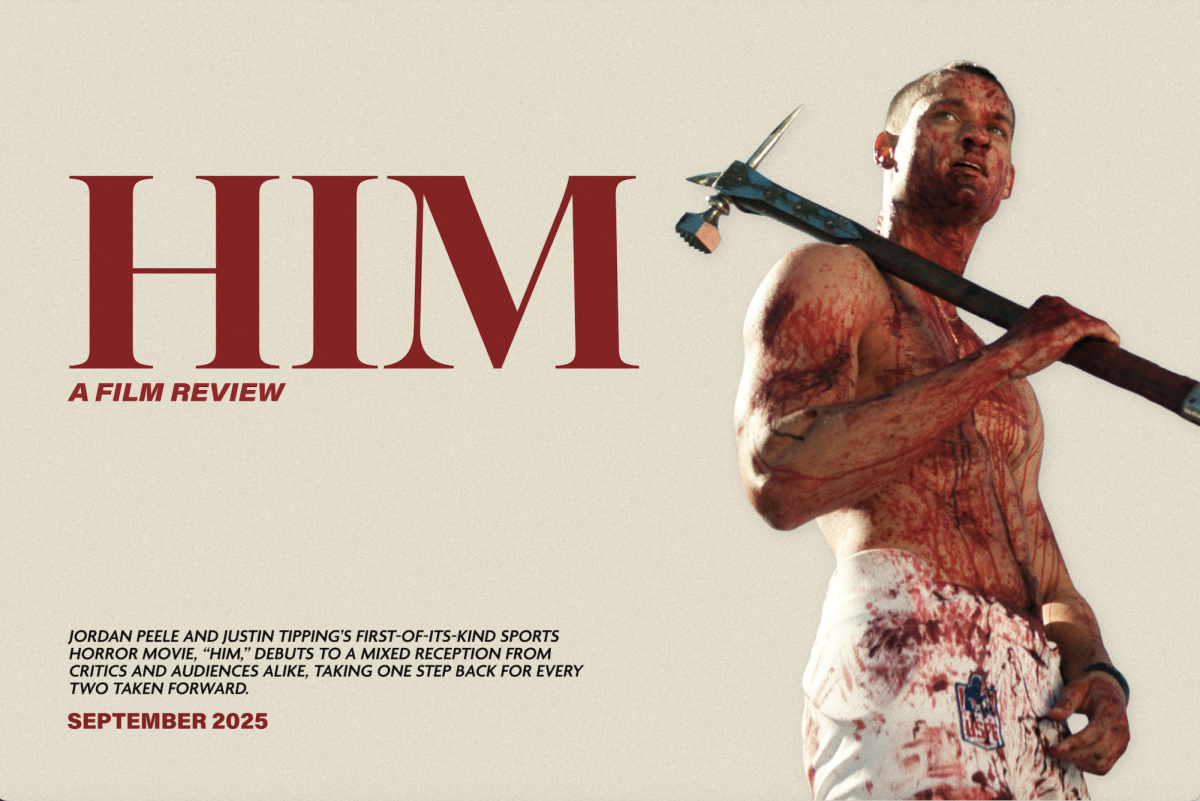The film, directed by Brian Becker and Marley McDonald, tells the story of Y2K panic as it evolved into a telling portrait of the future of America.
For any hard-pressed English teacher struggling to get students to grasp the concept of “show, not tell,” they simply need to present the 2023 documentary “Time Bomb Y2K” to their students. The documentary, which had its world premiere at the 2023 True/False Film Festival on March 3, exclusively uses archival footage to tell the story of the end of the 1990s and the widespread hysteria surrounding Y2K.
The use of archival footage allows for a unique viewing experience that fully immerses the audience in the Y2K panic, in ways the standard documentary use of talking heads would not allow. The filmmakers, directors Brian Becker and Marley McDonald, seemed to assume the audience would connect the dots provided by the film without blunt explanations.
The film feels steeped in the cultural landscape it examines. Its aesthetic feels incredibly of the era, with its editing and score resemblant of the technological and electronic feel of the late 90s. It has the artistic touch of a film made in the era it dissects, all while maintaining the necessary thoughtfulness of a film made today. Becker and McDonald make use of many cultural references such as multiple scenes centered around former President Bill Clinton and former Vice President Al Gore. The film uses clips of interviews discussing the issue with pop culture icons such as Busta Rhymes, Matt Damon (promoting “The Talented Mr. Ripley”) and Backstreet Boys, as well as clips from “Family Guy” and “The Matrix”. The film also includes archival interviews of tech icons of the 90s, such as Bill Gates and Steve Jobs, as well as an interview with a young Jeff Bezos. The film pulls on specific cultural touchstones of the era to make it feel even more atmospheric.
Becker and McDonald seemingly use Y2K to reflect on the current state of America. Bone-chilling scenes where a militia leader encourages Americans to prepare to fight in the future evoke uneasy memories of the Jan. 6 insurrection. The film showcases Y2K Community Meetings, where citizens worked together to prepare for a potential Y2K crash while musing on the death of community. In an even more fractured America, these scenes feel deliberately chosen to paint Y2K as the turning point for American society in the technological revolution. The palpable sadness and fear in these scenes speak volumes without words and go beyond the power of an interview.
The film’s ending ushers in both confusion and frustration. The final scenes evoke the hope of the new century, despite the preceding scenes of warning signs of what was to come. However, this does not occur because of hypocrisy on the film’s part. Rather, it simply emulates what the culture did. The film, like it or not, takes you on a journey of what simply happened. The film manages to work for both those who struggle to grasp what they experienced as well as those born after it. “Time Bomb Y2K” guides you through a reanalysis of American cultural history. One that forces the audience to look at themselves and our shared history and make a painful determination – all the signs of our current chaos were so clearly there.
Edited by Scout Hudson | [email protected]
Copy edited by Mary Philip


